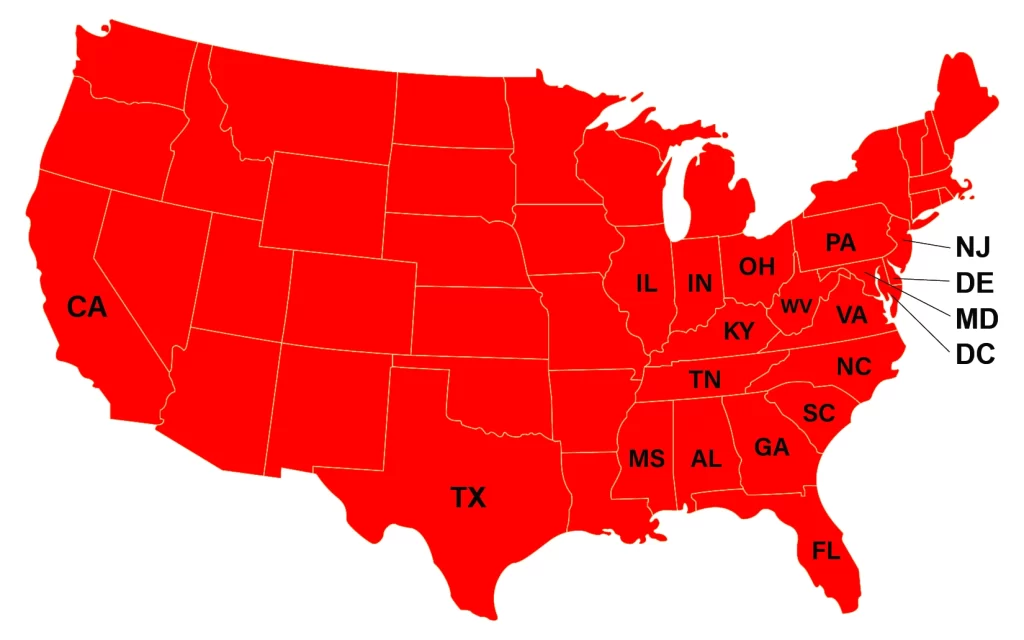In today’s highly competitive global markets, safeguarding intellectual property (IP) is vital to maintaining a company’s competitive edge. One of the most pressing challenges businesses face is the risk of trade secret theft, a form of corporate espionage that can result in severe financial losses and reputational damage. Trade secrets include proprietary processes, formulas, and customer data that give a company a market advantage. However, the theft of these assets can be difficult to detect and even harder to prosecute.
Corporate investigators play a crucial role in helping companies protect their intellectual property and uncover instances of trade secret theft. Using a combination of cyber-forensics, discreet surveillance, and legal expertise, investigators work to identify perpetrators, recover stolen information, and provide the necessary evidence to pursue legal action.
Methods of Trade Secret Theft
Trade secret theft can occur in various ways, often facilitated by insiders or employees with authorized access to sensitive information. According to reports, insider threats are among the most common causes of trade secret misappropriation. Disgruntled employees or those transitioning to competitors may take confidential data, including blueprints, formulas, or client lists, either by copying files onto personal devices or using unauthorized software.
In many cases, these acts are driven by financial gain or a desire to harm the company. External actors, including cybercriminals or competitors, may also exploit weak cybersecurity protocols, using tactics such as phishing or SQL injections to infiltrate systems and steal valuable data. Industries such as biotechnology, aerospace, and software development are particularly vulnerable to these attacks due to the high value of their IP.

Role of Corporate Investigators
Corporate investigators help businesses identify and prevent trade secret theft through a multi-pronged approach. First, they conduct thorough risk assessments, evaluating both physical and digital vulnerabilities within an organization. This often includes monitoring employee activities, identifying unusual behavior, and ensuring that security protocols are updated to reflect current threats.
When theft occurs, investigators use cyber-forensic techniques to track how sensitive information was accessed and where it might have been transmitted. By analyzing network logs, email records, and employee communications, investigators can piece together the timeline of a breach and identify the individuals involved. They also gather court-admissible evidence that can be used in civil or criminal cases to hold the responsible parties accountable.
Moreover, investigators provide recommendations for strengthening IP protection, such as implementing non-disclosure agreements (NDAs), tightening access controls, and educating employees on the importance of safeguarding proprietary information.
Legal Ramifications
Trade secret theft is not only a corporate issue but also a criminal one. Under laws such as the Economic Espionage Act and the Defend Trade Secrets Act, individuals and organizations involved in trade secret theft can face severe penalties, including fines and imprisonment. However, pursuing legal action can be complex, as companies must prove that the stolen information qualifies as a trade secret and that its misappropriation caused tangible harm. Corporate investigators assist legal teams by collecting the evidence needed to meet these legal standards.
In an age where data is as valuable as physical assets, protecting trade secrets has never been more important. Corporate investigators play a critical role in this effort, helping companies uncover and address trade secret theft while strengthening their defenses against future threats.
Safeguard Your Business Today
At J.P. Investigative Group, our corporate investigation services in Charlotte help businesses uncover fraud and trade secret theft using expert surveillance and forensics.
Call now to protect your company’s valuable information!


